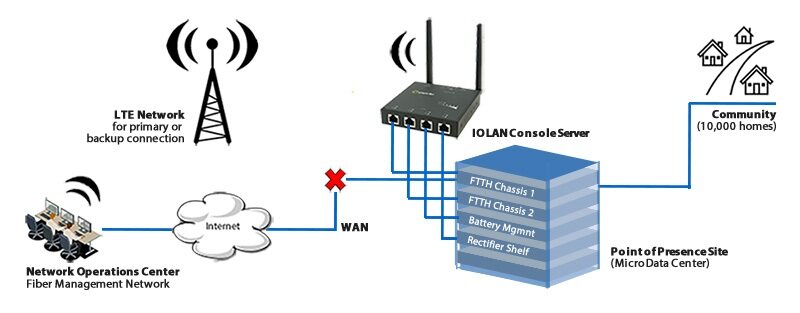
Gig U project looks to install and run ultra-high-speed networks
By Max BurkhalterAugust 8, 2011
According to a report by Connected Planet Online, a group of 28 universities hopes that by cooperating in order to identify their next-level networking requirements, they will be poised to lure network service providers to deploy the systems necessary to handle those needs.
The report said that the objective is to “accelerate the deployment of next-generation world leading networks in the U.S.,” said Blair Levin director of the Gig U project on a conference call to announce the new project. The plan has been titled Gig U: The University Community Next-Generation Innovation Project. Levin was at the helm for the FCC team that deployed the National Broadband Plan.
Leaders of the Gig U project want to build a platform for collaboration between universities and their surrounding communities, said the report. The objective is to spur the deployment of ultra-high-speed networks to those areas. In theory, those networks could be a lot like the gigabit network that Google is building in Kansas City, Kansas and Kansas City, Missouri.
Speeding ultra-fast network deployment in this way should provide opportunities for the United States to take a leadership role in creating the next generation of ultra high-speed network services and applications, according to Levin. He looks to the universities to build sufficient demand and then create an incentive for private investors to build high-speed networks. Incentives, Levin said, might include easing the process by which network operators obtain rights of way or simplifying network inspections.
According to Lev Gonick, the chief information officer and vice president of information technology services for Case Western Reserve University, there is a wide range of applications that could be supported by next-level networks, the report says. Case Western has been experimenting with videoconferencing. The University wants to enable seniors to exercise together with a faculty member, even during the Cleveland winter. In addition, videoconferencing could enable talented high school students to take university-level classes. In the end, the overall skill level in science and technology in the United States could be improved, says the report.
This initiative may be coming at a good time for U.S. IT providers. A recent report from TPM found that the United States is trailing three countries in Asia when it comes to utlra-high speed internet. According to a recent report from a British broadband data analysis firm Point Topic, the United States is currently lagging behind China, Japan, and South Korea.



